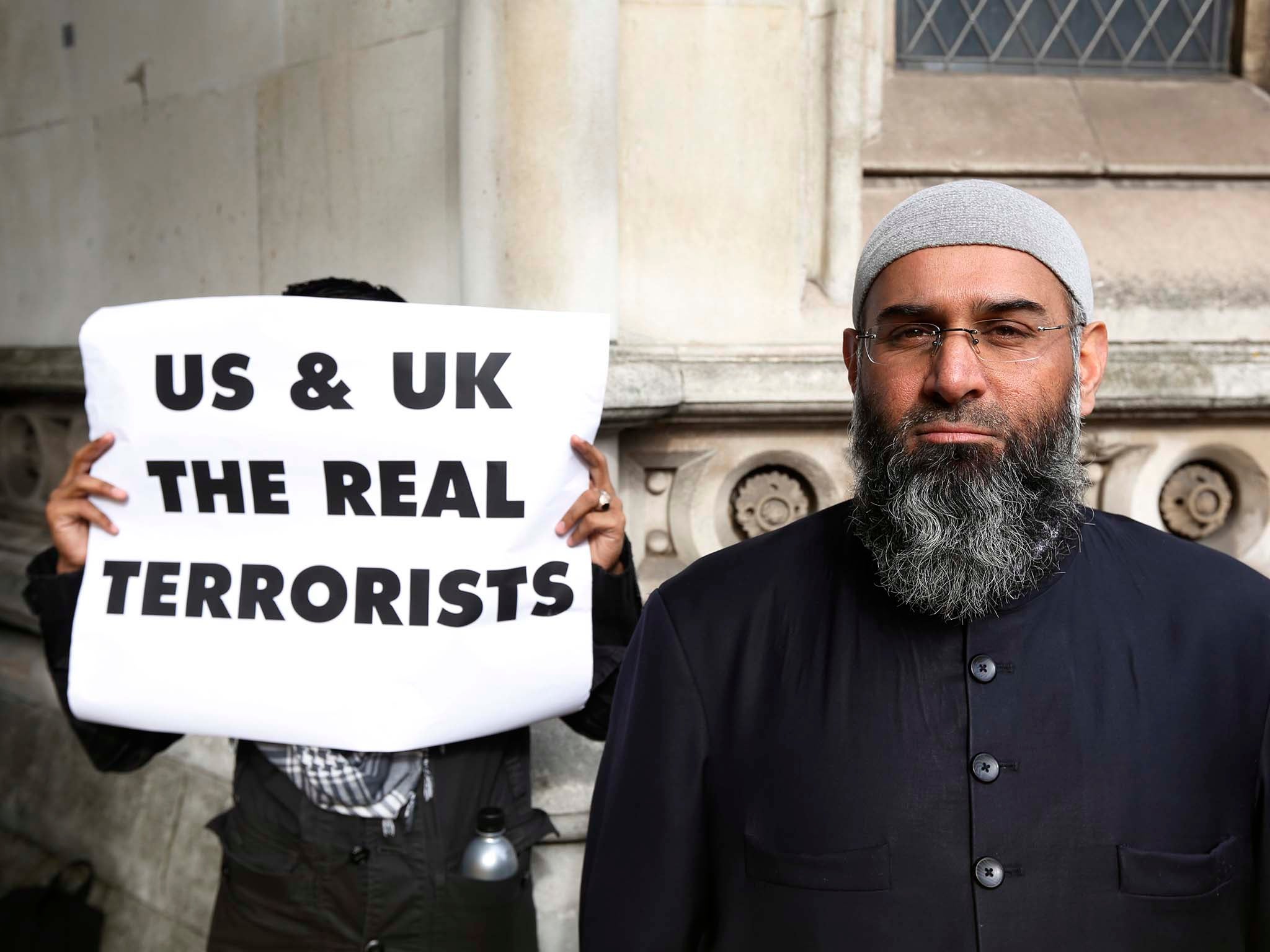Your support helps us to tell the story
From reproductive rights to climate change to Big Tech, The Independent is on the ground when the story is developing. Whether it's investigating the financials of Elon Musk's pro-Trump PAC or producing our latest documentary, 'The A Word', which shines a light on the American women fighting for reproductive rights, we know how important it is to parse out the facts from the messaging.
At such a critical moment in US history, we need reporters on the ground. Your donation allows us to keep sending journalists to speak to both sides of the story.
The Independent is trusted by Americans across the entire political spectrum. And unlike many other quality news outlets, we choose not to lock Americans out of our reporting and analysis with paywalls. We believe quality journalism should be available to everyone, paid for by those who can afford it.
Your support makes all the difference.Prison governors will be told to remove Muslims from communal prayer in jails if they are deemed to be spreading ‘anti-British’ values.
The proposals will also see Muslim chaplains who offer guidance to a growing number of Islamic prisoners undergoing “tightened vetting” before being allowed near inmates.
The new measures aimed at clamping down on the spread of extremism come as the number of Muslims in British prisons has soared over the last ten years.
It was also confirmed that governors will seek to isolate extremists acting as "self-styled emirs" to prevent them radicalising others.
The counter-extremism scheme comes after Anjem Choudary, one of Britain's most prominent Islamist clerics, was convicted of crimes that could see him face years in jail.
New Justice Secretary Liz Truss said the measures were needed in order to stop the “spread of this poisonous ideology behind bars”, but critics questioned whether they were appropriate.
Official figures show there are now more than 12,600 Muslims in prison in England and Wales, while the figure was just 8,200 a decade earlier.
Of the 147 people in prison for terrorism-related offences, 137 of them considered themselves to be Muslim.
A government-ordered review into radicalisation in jails that accompanied today’s announcements suggested fanatics had attempted to engineer segregation and exploit a fear among staff of being labelled racist.
The full report is classified but the Ministry of Justice has published a summary of the main findings.
It said the review found evidence that Islamist extremism is a "growing problem" in prisons, with "charismatic" prisoners acting as "self-styled emirs" that exert a "controlling and radicalising influence" on the wider Muslim prison population.
It also found evidence of "aggressive encouragement" of conversions to Islam, unsupervised worship and intimidation of prison imams.
The document concluded that "cultural sensitivity" among staff towards Muslim prisoners has "extended beyond the basic requirements of faith observance and could inhibit the effective confrontation of extremist views".
As well as confirming new specialist units to hold extremists, governors have been instructed to ban extremist literature and remove anyone from Friday prayers who is "promoting beliefs that run counter to fundamental British values”.
Justice Secretary Liz Truss will accept the report’s recommendation that Muslim chaplains should be better vetted to ensure “the right people [are] in place to counter extremist beliefs.”
She said: “Islamist extremism is a danger to society and a threat to public safety - it must be defeated wherever it is found.
“I am committed to confronting and countering the spread of this poisonous ideology behind bars.
"Preventing the most dangerous extremists from radicalising other prisoners is essential to the safe running of our prisons and fundamental to public protection."
Prison officers will from October start to wear body cameras to improve evidence collection for offences and other activity in jails.
Peter Dawson, director of the Prison Reform Trust, said: "Sensible, proportionate measures to deal with a small minority of extremist prisoners who seek to undermine that work are welcome.
"But they will all rely on adequate resourcing - better trained staff can only use new skills if prisoners are unlocked and engaging with them."
On proposals for specialist units, he said: "The goal must be to get people back into the main prison community, so that changes in their behaviour can be observed.
"Anything else is just storing up an even more difficult problem for when they are eventually released."

Join our commenting forum
Join thought-provoking conversations, follow other Independent readers and see their replies
Comments